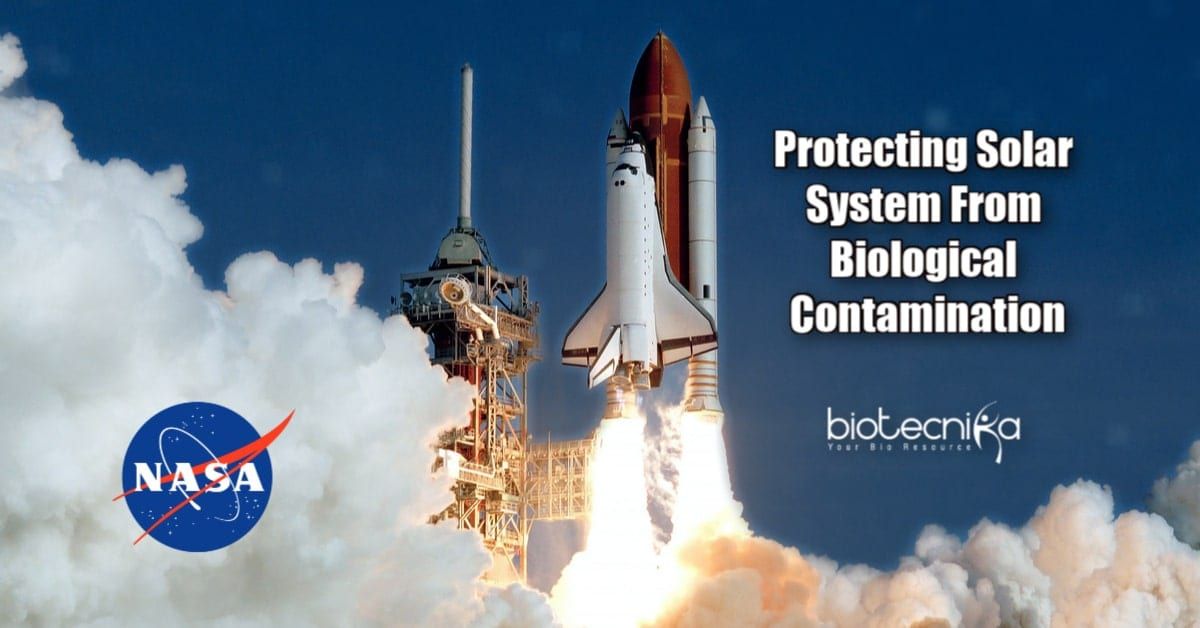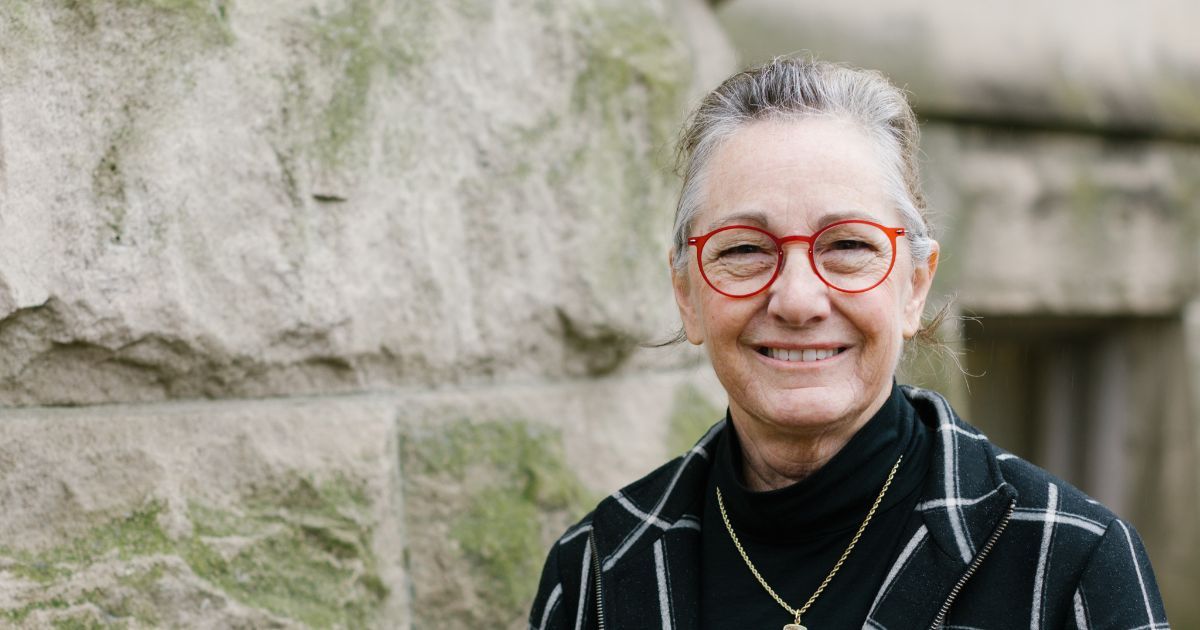NASA Awards SETI Institute Planetary Protection Support Contract
July 10, 2020 (nasa.gov)
• Upcoming NASA science missions such as the Mars 2020 and Europa Clipper missions, and NASA’s Mars Sample Return mission, NASA’s Artemis program’s Gateway lunar orbital outpost, Human Lander System, and Commercial Lunar Payload Services initiative, all will need to be in compliance with planetary protection standards. ‘Planetary Protection’s’ role is to protect both Earth and mission destinations from biological contamination.
• NASA has awarded the SETI Institute in Mountain View, California, a $4.7 million ‘indefinite-delivery/indefinite-quantity’ contract for five years to head NASA’s Planetary Protection Program beginning July 1st. To ensure compliance with planetary protection standards, SETI (the Search for Extraterrestrial Intelligence). The SETI Institute will work with NASA’s Office of Planetary Protection to provide technical reviews and recommendations, validate biological cleanliness on flight projects, provide training for NASA and its partners, develop guidelines for implementation of NASA requirements, and disseminate information to stakeholders and the public.
• “The depth of mission experience and breadth of knowledge on the SETI Institute team will help NASA meet the technical challenges of assuring forward and backward planetary protection on the anticipated path of human exploration from the Moon to Mars,” said Lisa Pratt, NASA’s planetary protection officer at NASA Headquarters in Washington.
• “[P]lanetary protection [has become] an increasingly important component of mission planning and execution,” said Bill Diamond, president and chief executive officer of the SETI Institute. “We are proud to be NASA’s partner for this mission-critical function, protecting Earth from backward contamination, and helping ensure that the life we may find on other worlds, didn’t come from our own.”
• NASA and the SETI Institute have worked together on planetary protection for more than a decade and have developed a strong relationship and core competency in this area. SETI Institute scientists have extensive experience in understanding microbial life and how it can affect missions, even in the extreme conditions of spaceflight and extraterrestrial environments.
• [Editor’s Note] “SETI Institute scientists have extensive experience in understanding microbial life and how it can affect missions”? Really? Isn’t SETI the deep state pseudo-agency puppet that has been monitoring radio waves for signs of extraterrestrial signals since Frank Drake in 1960? Is this the same SETI who had to turn to private financing because of the ridicule they were taking from Congress? Now we learn that these astronomers who peer through telescopes all day, also have a knack for detecting microbial contamination on NASA spacecraft traveling to and from the Moon and Mars. The only thing that SETI has ever been tasked to do is to pretend to search for intelligent ETs and never find any, when everyone knows that they’re all around us and have been for the past century. Now, another deep state pseudo-agency puppet, NASA, is giving SETI the responsibility of preventing REAL microbial contamination in REAL space? Is this a joke? Or is it just a money transfer between two deep state toadies for some other agenda?

NASA has awarded the SETI Institute in Mountain View, California, a contract to support all phases of current and future planetary protection missions to ensure compliance with planetary protection standards.
The SETI Institute will work with NASA’s Office of Planetary Protection (OPP) to provide technical reviews and recommendations, validate biological cleanliness on flight projects, provide training for NASA and its partners, as well as develop guidelines for implementation of NASA requirements, and disseminate information to stakeholders and the public. The role of OPP is to promote responsible exploration of the solar system by protecting both Earth and mission destinations from biological contamination.

“The depth of mission experience and breadth of knowledge on the SETI Institute team will help NASA meet the technical challenges of assuring forward and backward planetary protection on the anticipated path of human exploration from the Moon to Mars,” said Lisa Pratt, NASA’s planetary protection officer at NASA Headquarters in Washington.
Planetary protection preserves environments, as well as the science, ensuring verifiable scientific exploration for extraterrestrial life. Some of the upcoming NASA science missions that will be supported by this contract include the Mars 2020 and Europa Clipper missions, and preparations for NASA’s Mars Sample Return mission. In addition, future human spaceflight exploration under NASA’s Artemis program, such as the Gateway lunar orbital outpost, the Human Lander System, and Commercial Lunar Payload Services initiative, will be supported under this contract, as part of America’s Moon to Mars exploration approach.
The contract is a fixed-price indefinite-delivery/indefinite-quantity contract with a maximum award value of $4.7 million over a five-year period that began July 1.
FAIR USE NOTICE: This page contains copyrighted material the use of which has not been specifically authorized by the copyright owner. ExoNews.org distributes this material for the purpose of news reporting, educational research, comment and criticism, constituting Fair Use under 17 U.S.C § 107. Please contact the Editor at ExoNews with any copyright issue.

